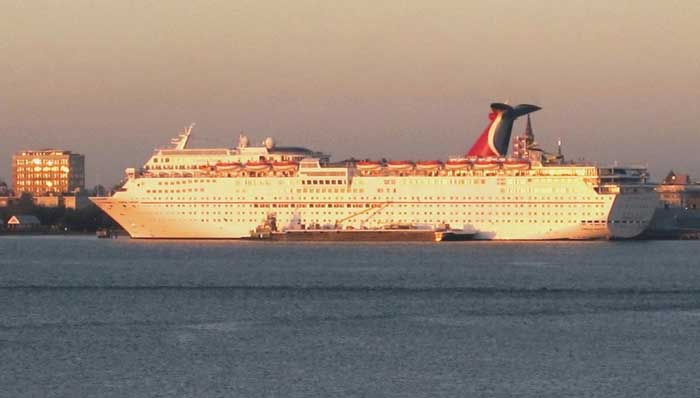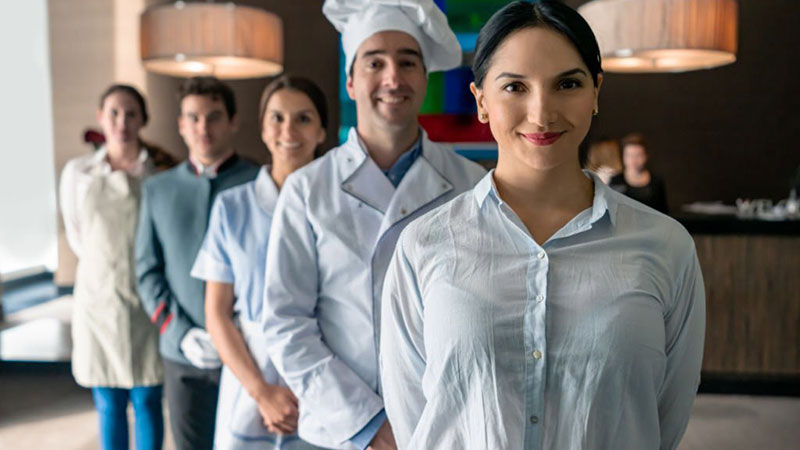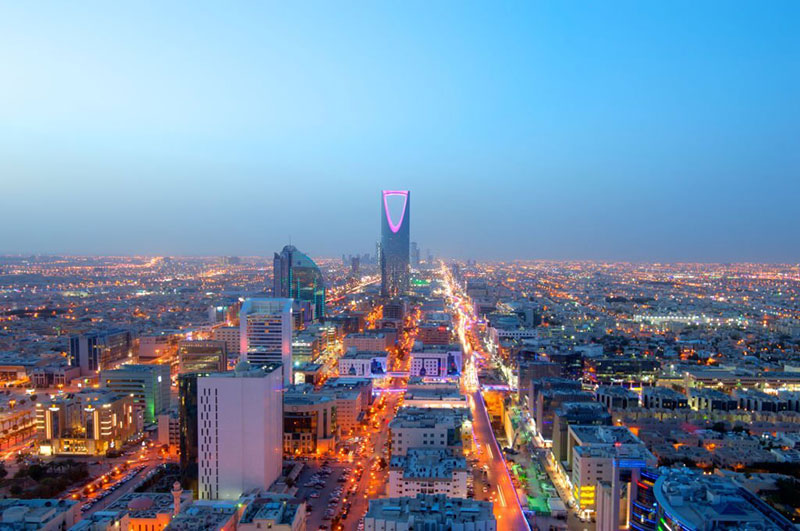The skill sets and professional capabilities of a hotel management graduate fit in really well…

Tourism plan calls for action

Charleston City Council missed the boat last week by failing to call for a study on moving the proposed cruise ship terminal from Union Pier.
Doing so would have recognized the overwhelming public opposition to keeping cruise operations near the foot of Market Street, where they cause traffic congestion, air pollution and provide an outsized presence over the old city.
Though included in the new tourism management plan, the site review was opposed by the State Ports Authority and Mayor Joe Riley. Too bad. It was a reasonable proposal that recognized the ongoing public opposition to the Carnival cruises departing from downtown. And there’s no indication that the issue is going away, at least among downtown residents. Among council, only Mike Seekings spoke in favor of the request.
Nevertheless, council did endorse five cruise-related recommendations that could help limit the ill-effects of cruise operations:
- To consider installing shore power to mitigate emissions from cruise ships idling at dock;
- To study a city-imposed passenger head tax to offset expenses to the city from cruises;
- To encourage remote parking for cruise passengers to reduce traffic and congestion;
- To ensure that cruise ships do not arrive during other special events that are likely to cause congestion on the peninsula;
- And to affirm and strengthen the agreement between the city and the SPA about limiting the number and size of cruise ships in port here.
Two that are thorny are the head tax and the shore power. The mayor has dismissed both as not doable. But it isn’t too much to ask that the city be compensated for some of its cruise-related expenses, or that people who live and work near the terminal have cleaner air to breathe.
The five steps, if taken seriously by the city, could resolve many of the concerns citizens have about cruise ships. And while residents still would like an analysis to determine the best place for a new cruise terminal, it could be a moot point. The SPA has shown no interest recently in building one. It has failed even to re-apply for permission to move it slightly north at Union Pier to the port’s chosen site, leading some to conjecture that the SPA will put a new terminal on the back burner until something necessitates its construction.
The reason Mr. Newsome gave for leaving cruise issues out of the tourism management plan is that cruises are maritime commerce, not tourism.
Huh? Then are those people who come from other places to Charleston to board the Carnival Fantasy not tourists but maritime customers?
If that is the case, we can forget assurances by the SPA that cruises would bolster the tourist economy. All that happens, according to the State Ports Authority CEO, is that cruise ships take people out of Charleston and bring them back. Ahoy, cargo!
The cruise ship issues are important, but they should not obscure the rest of the impressive report, which City Council passed in its entirety. It includes provisions for enforcing tourism rules better, improving signage, coordinating the special events calendar to avoid too many inconveniences to residents, studying the construction of another visitors center farther up the peninsula and making the city more friendly for bikes and pedestrians.
Anyone who suggests that tourism concerns are exaggerated must not have visited the peninsula in the last year. And as more and more hotels are built, the impact of tourism will be felt even more.
The people who worked for months crafting tweaks and additions to the city’s Tourism Management Plan are to be commended, but their work is not over.
They have agreed to monitor the city’s progress in accomplishing the tourism management strategies designed to balance the benefits of tourism with the quality of residential life and a healthy business environment. And whether the SPA likes it or not, cruise-related tourism … uh, maritime commerce … is a big part of that mix.



